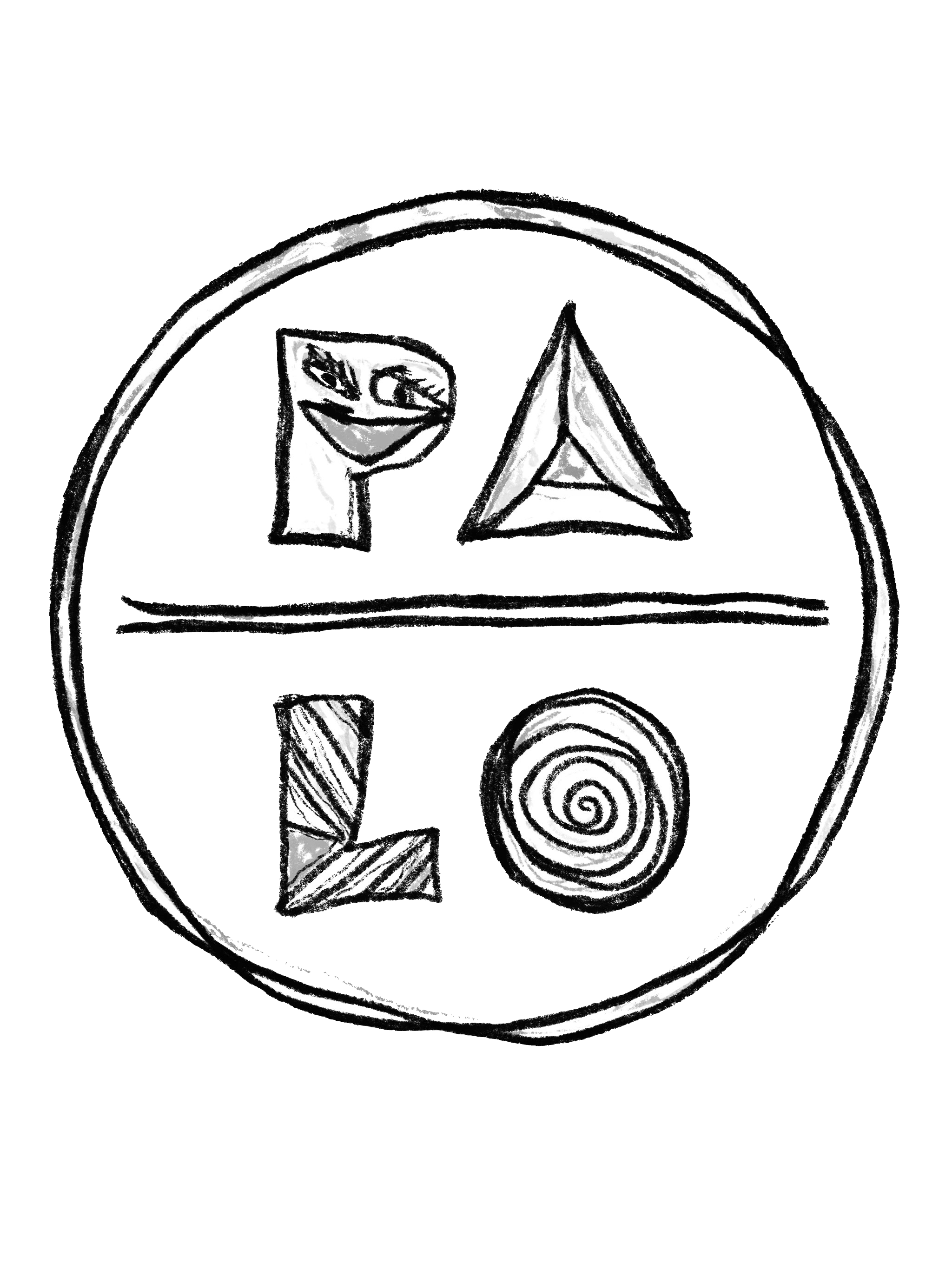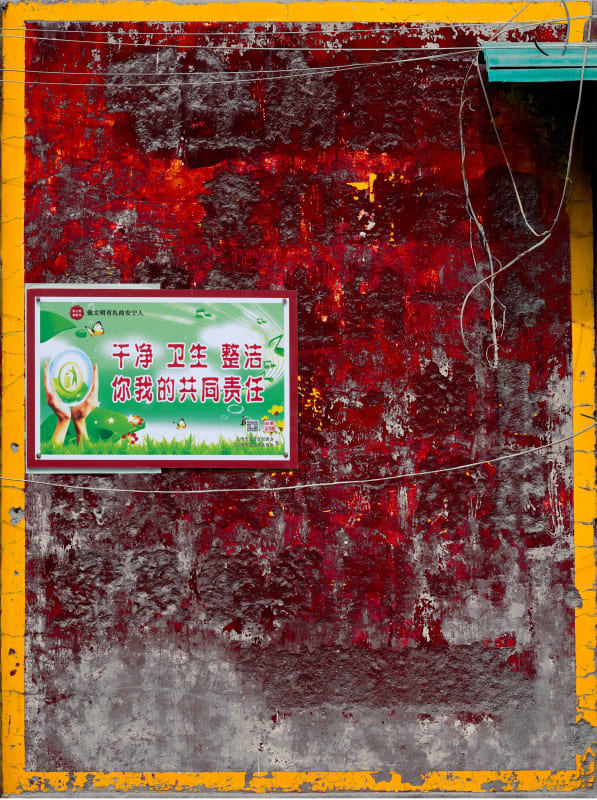Comprised of large-format, abstracted works and smaller-scale annotated photographs, the exhibition takes its title from a 1951 quotation by Mao Zedong which reads: "Any wrong thoughts, all poisonous weeds, all monsters and demons, should be criticized, and they must not be allowed to spread freely." The content behind Ross’s large-format, abstracted works is informed by a series of small-scale documentary photographs of painted walls in an old apartment complex in Lanzhou City, Gansu Province, where the artist had a residency.
The murals’ power stemmed from a quasi-religious belief in Mao, that in turn, derived from the ancient Chinese belief in the emperor as the Son of Heaven. In these large-format works, Ross reinterprets the murals by manipulating their color, hue, and contrast; the heavily saturated pigments, distressed textures, and layers evoke an abstracted painterly hand. Core works in the exhibition, such as Dust Does not Runaway by Itself, are printed to nearly exact scale. Despite the fact that most of the characters appear to be scratched off the walls, the annotated series Poisonous Weeds: Legends restores the Chinese text and provides English translations of all except one illegible mural, revealing words from the Little Red Book of Quotations from Chairman Mao Zedong. In this series, the dozen small-scale photographs are all annotated, offering facts and a historic timeline that add dimension to the project’s many layers. The methodology and meticulous notations serve as evidence of Ross’s ongoing interest in ethnography.
On the verge of demolition at the time of Ross’s photography, the Lanzhou murals embody a kind of shrine that has long since been neglected. A testament to a historical period and culture, the apartment complex itself originated in hope and utopian ideologies. While the propagandistic exhortations were largely eradicated from public spaces after Mao’s death, the diligence to their removal varied, as evidenced by the state of the walls Ross recorded for Poisonous Weeds.


